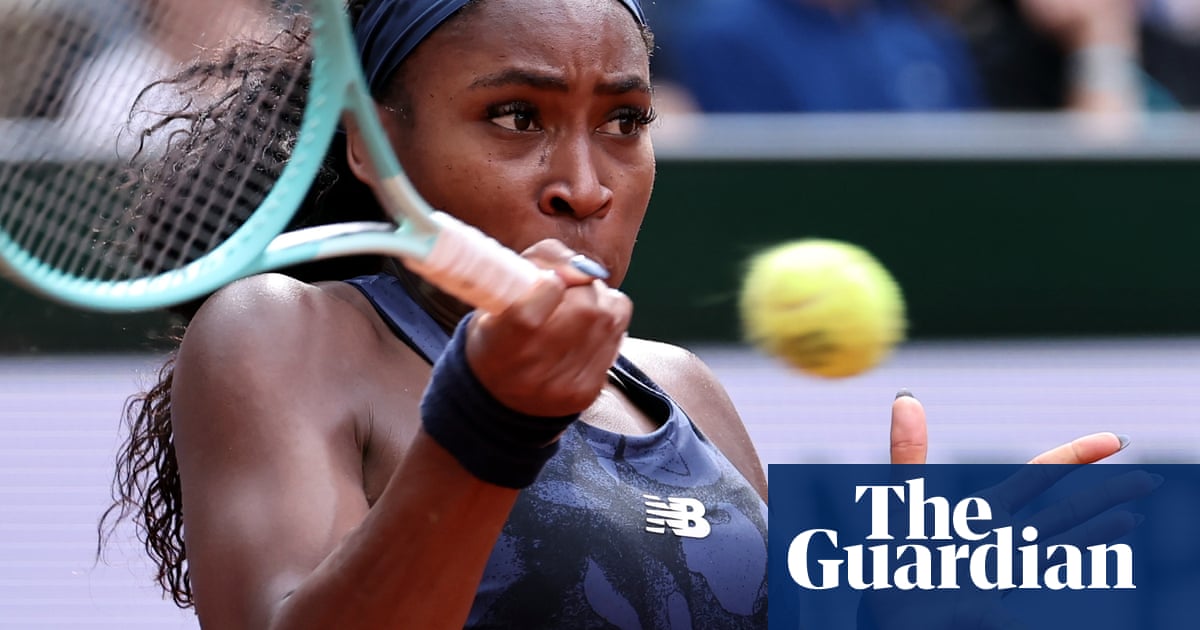Coco Gauff’s recent statements regarding the scheduling of women's matches at the French Open highlight an ongoing debate within the tennis community about gender equality in sports. Her insistence that women's matches deserve prime-time slots reflects not only her personal experiences but also broader issues of representation and visibility in athletics.
Context of the Debate
The article brings to light the consistent pattern of men's matches occupying the coveted night session slots at the French Open, raising questions about the tournament's commitment to gender parity. Gauff's alignment with Ons Jabeur, who initiated this conversation, emphasizes a collective concern among female athletes about equitable treatment. The statement from Gilles Moretton, the French Tennis Federation president, suggesting that decisions are based on spectator interest, can be interpreted as an excuse for the lack of representation of women's matches during prime viewing times.
Public Perception and Community Impact
This news piece is likely aimed at influencing public perception by rallying support for women athletes and furthering the discussion on gender equality in sports. The voices of high-profile athletes like Gauff and Jabeur can mobilize fans and encourage organizations to reassess their scheduling policies. By emphasizing the excitement and quality of women's matches, the article seeks to foster a narrative that women’s sports are equally deserving of attention and recognition.
Hidden Agendas and Potential Biases
While the article primarily advocates for women's representation, it also subtly critiques the current decision-making processes of sports authorities. There might be an underlying intention to spotlight potential biases in how matches are scheduled and the broader implications of these decisions. However, it does not delve deeply into the economic factors that may influence scheduling, leaving some aspects of the discussion unexamined.
Manipulation Assessment and Authenticity
The article exhibits a moderate level of manipulation by framing the debate in a way that elicits sympathy for women's matches while potentially oversimplifying the complexities of scheduling decisions. The overall message is authentic, based on real experiences and opinions from notable players, which enhances its credibility. However, the selective focus may lead readers to overlook the multifaceted nature of the issue.
Comparative Analysis
When compared to other recent sports news, this article aligns with a growing trend of emphasizing gender equality in athletics. It connects with other narratives that advocate for equal pay and opportunities for women athletes across various sports, fostering a sense of solidarity among athletes and fans alike.
Societal and Economic Implications
The potential outcomes of this discussion could influence the scheduling practices of major tournaments, leading to broader changes in how women's sports are marketed and presented. Increased visibility for women’s matches may enhance sponsorship opportunities and fan engagement, ultimately contributing to a more equitable sports landscape.
Target Audience
The news likely resonates with a diverse audience, including sports fans, advocates for gender equality, and young female athletes seeking role models. By addressing issues that affect women in sports, the article aims to inspire support for female athletes and encourage discussions around representation.
Market Influence
While this news may not have a direct impact on stock markets, it could influence companies associated with tennis events or sponsorship, particularly those focused on gender equality and women’s empowerment. Brands that align themselves with progressive values may find this narrative beneficial for their public relations and marketing strategies.
The article serves as an important commentary on the current state of women's tennis and the need for change. By elevating the conversation around women's matches, it not only seeks to promote equality in tennis but also challenges broader societal norms regarding gender representation in sports.
